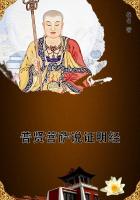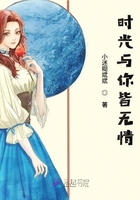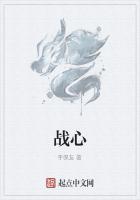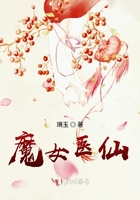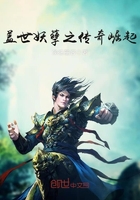"If I'd only thought," he regretted, "we could a-gone to the Forum for grub. That's the swell joint where fellows like Roy Blanchard hangs out, blowin' the money we sweat for them."
They bought reserved tickets at Bell's Theater; but it was too early for the performance, and they went down Broadway and into the Electric Theater to while away the time on a moving picture show. A cowboy film was run off, and a French comic; then came a rural drama situated somewhere in the Middle West. It began with a farm yard scene. The sun blazed down on a corner of a barn and on a rail fence where the ground lay in the mottled shade of large trees overhead. There were chickens, ducks, and turkeys, scratching, waddling, moving about. A big sow, followed by a roly-poly litter of seven little ones, marched majestically through the chickens, rooting them out of the way. The hens, in turn, took it out on the little porkers, pecking them when they strayed too far from their mother. And over the top rail a horse looked drowsily on, ever and anon, at mathematically precise intervals, switching a lazy tail that flashed high lights in the sunshine.
"It's a warm day and there are flies--can't you just feel it?"
Saxon whispered.
"Sure. An' that horse's tail! It's the most natural ever. Gee! I bet he knows the trick of clampin' it down over the reins. I wouldn't wonder if his name was Iron Tail."
A dog ran upon the scene. The mother pig turned tail and with short ludicrous jumps, followed by her progeny and pursued by the dog, fled out of the film. A young girl came on, a sunbonnet hanging down her back, her apron caught up in front and filled with grain which she threw to the buttering fowls. Pigeons flew down from the top of the film and joined in the scrambling feast.
The dog returned, wading scarcely noticed among the feathered creatures, to wag his tail and laugh up at the girl. And, behind, the horse nodded over the rail and switched on. A young man entered, his errand immediately known to an audience educated in moving pictures. But Saxon had no eyes for the love-******, the pleading forcefulness, the shy reluctance, of man and maid. Ever her gaze wandered back to the chickens, to the mottled shade under the trees, to the warm wall of the barn, to the sleepy horse with its ever recurrent whisk of tail She drew closer to Billy, and her hand, passed around his arm, sought his hand.
"Oh, Billy," she sighed. "I'd just die of happiness in a place like that." And, when the film was ended. "We got lots of time for Bell's. Let's stay and see that one over again."
They sat through a repetition of the performance, and when the farm yard scene appeared, the longer Saxon looked at it the more it affected her. And this time she took in further details. She saw fields beyond, rolling hills in the background, and a cloud-flecked sky. She identified some of the chickens, especially an obstreperous old hen who resented the thrust of the sow's muzzle, particularly pecked at the little pigs, and laid about her with a vengeance when the grain fell. Saxon looked back across the fields to the hills and sky, breathing the spaciousness of it, the *******, the content. Tears welled into her eyes and she wept silently, happily.
"I know a trick that'd fix that old horse if he ever clamped his tail down on me," Billy whispered "Now I know where we're going when we leave Oakland," she informed him.
"Where?"
"There."
He looked at her, and followed her gaze to the screen. "Oh," he said, and cogitated. "An' why shouldn't we?" he added.
"Oh, Billy, will you?"
Her lips trembled in her eagerness, and her whisper broke and was almost inaudible "Sure," he said. It was his day of royal largess.
"What you want is yourn, an' I'll scratch my fingers off for it.
An' I've always had a hankerin' for the country myself. Say! I've known horses like that to sell for half the price, an' I can sure cure 'em of the habit."





